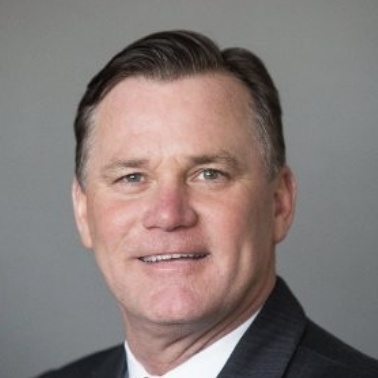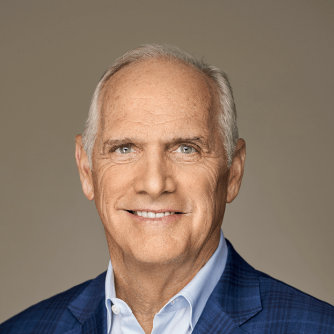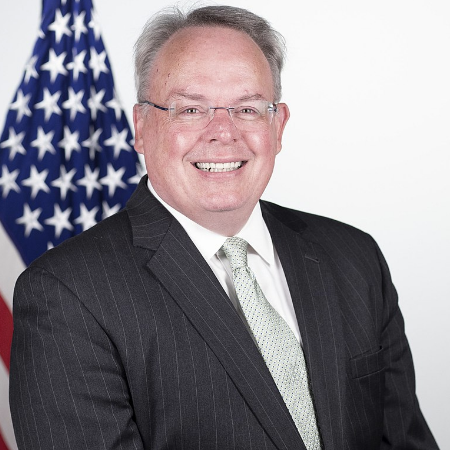“States recognize the value that the peer workforce brings to behavioral healthcare and are exploring ways to support and advance these critical services” — SAMHSA spokesperson
SAMHSA recently released national model standards for certifying peer support workers. The primary goal of improving standards and certification processes for peer support specialists is accelerating the universal adoption, recognition, and integration of the peer mental health workforce across domains of the healthcare system. SAMHSA collaborated with federal, state, tribal, territorial, and local partners, including peer specialists, to develop national standards inclusive of substance use, mental health, and family peer certifications. These standards aim to mitigate the behavioral health workforce shortage by improving quality and access to a natural, humanistic, and effective form of care that is currently underutilized.
In March of 2022, President Biden announced his administration’s strategy to address our nation’s mental health crisis. This national mental health strategy seeks to strengthen system capacity, connect more Americans to care, and create a continuum of support — transforming our health and social services infrastructure to address mental health holistically and equitably. A major goal within this systemic strategy is facilitating the adoption and implementation of a broader and versatile peer support workforce across the spectrum of healthcare sectors.
Peer support services have gained recognition over the past several decades as a vital component of mental and behavioral health services. Peer support workers use their lived experience of recovery, combined with professional training and supervision, to assist people in initiating and maintaining recovery. Through shared understanding and mutual empowerment, peer support workers can fill the gaps in support that clinical care cannot reach. A robust body of empirical evidence support peer specialists’ effectiveness in a myriad of positive outcomes including increased treatment retention, improved access to social supports and other social determinants of health, as well as reduced misuse recurrence, criminal justice involvement, and recidivism to hospitalizations and residential treatment (see our prior post for references). These benefits would not only improve care and health outcomes but also significantly lower the overall cost of behavioral healthcare.
The need for standardized national standards arises from the growing demand for consistency, competence, and accountability in this evolving field. These standards act as a benchmark — ensuring that individuals seeking peer support receive the highest quality of care, regardless of their location. Additionally, issues including reimbursement and state license requirements have set up barriers that organizations face when attempting to employ the peer workforce. While the new standards do not substitute for any state certification, their goal is to hasten universal adoption, recognition, and integration of the peer mental health workforce across the country.
There are over 30,000 people who have overcome addiction and struggles with mental health that want to assist those who are currently struggling, Samir Malik, CEO of firsthand, told Behavioral Health Business. These national standards are a formative guide in the efforts to fulfill workforce gaps — and the growing need for peer support specialists to use their lived experience and versatile skillset to help individuals navigate their lives and stay on track with their self-directed goals and values. The model standards aim to standardize certification across the different forms of peer support — mental health, substance use, and family support — while recognizing the commonality and differences between them. SAMHSA outlines the education, hours of training, work experience, and examination requirements for peer support workers
The introduction of these new national standards on peer support certifications marks a significant milestone in the field of behavioral health services. These standards have the potential to elevate the quality, accessibility, reach, flexibility, and acceptability of peer support services — ensuring that individuals receive consistent, competent, and ethical care. As peer support continues to gain recognition and impact lives in its natural, humanistic form — the peer workforce will further solidify its position as an invaluable resource on the path to recovery and well-being.
Reach out to Manifesto directly at info@manifestohealth.com to learn more about how we can enhance your patients, members, or employees health and wellness for the long run.












